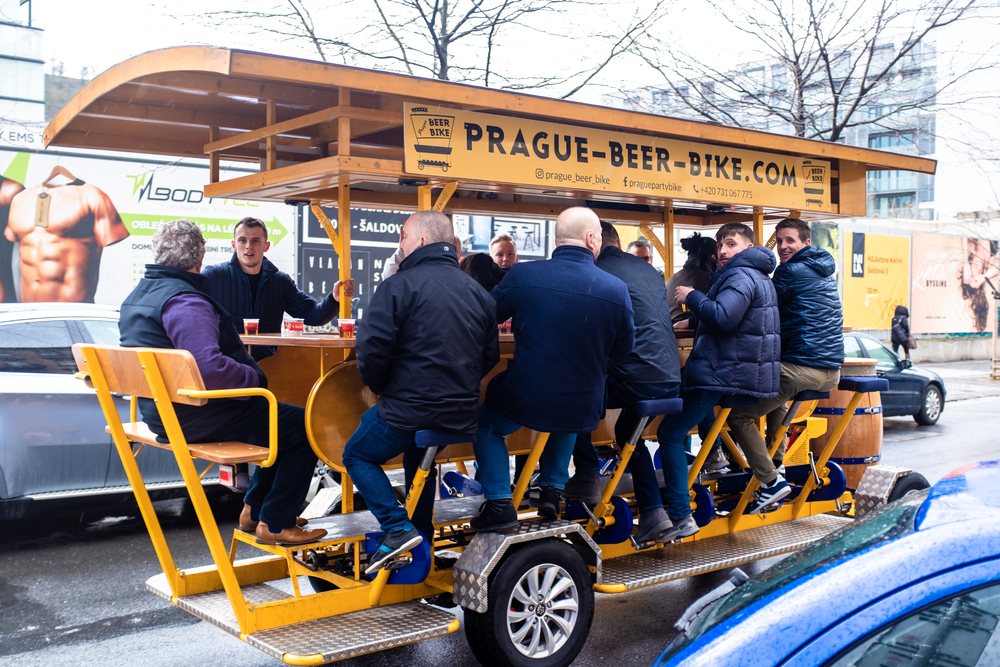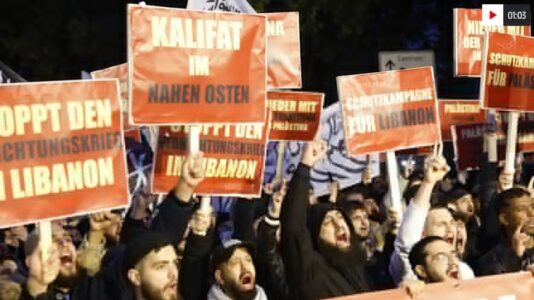The Prague city administration has officially banned organized pub crawls led by specialized agencies in an attempt to curb alcohol tourism and rebuild the city’s image as a destination of culture.
The city council approved the new regulation on Monday, with the ban taking effect immediately upon publication of the relevant legal regulations.
The move comes in response to increasing complaints from residents, particularly in Prague 1, the Czech capital’s historic district, about the disturbances caused by noisy, drunk tourists.
“Prague 1 has been the most affected by the disruptions to nighttime peace caused by pub crawls,” said Deputy Mayor Zdeněk Hřib, who confirmed that the decision was reached in consultation with Prague 1 officials, tourism representatives, and traditional tour guides.
As České Noviny reports, organized pub crawls are prohibited under the new regulation as part of the city’s revised “market order,” which determines where business activities can occur. Pub crawls fall under a category referred to as “errand service provision,” now restricted between 10 p.m. and 6 a.m.
Traditional guided tours, however, are allowed to continue during the day, from 6 a.m. to 10 p.m. “The classic guides raised no objections to the ban,” added Jiří Pospíšil, another deputy mayor.
Supporters of the ban lamented the city’s decline into a hotspot for drunken tourists to embark on bachelor parties and booze-fuelled weekends, claiming the degradation of the city had affected the quality of life in Prague and strained municipal resources.
They had long argued that noisy party-goers had frequently disrupted the residents’ peace and contributed to increased pollution and vandalism, while requiring additional security measures.
“The excessive deployment of municipal cleaning services and the city police, along with the associated budgetary and personnel burden, made this ban necessary,” according to the city’s official report.
It further noted that any economic hit for local businesses by the ban would likely be offset by an increase in more cultured visitors wanting to experience the city and claimed that eradicating “the perception of a lack of sophistication” in the community could attract more potential investment.
According to the Czech Statistical Office, 7.4 million tourists visited the Czech capital last year, up 25 percent from 2022.






